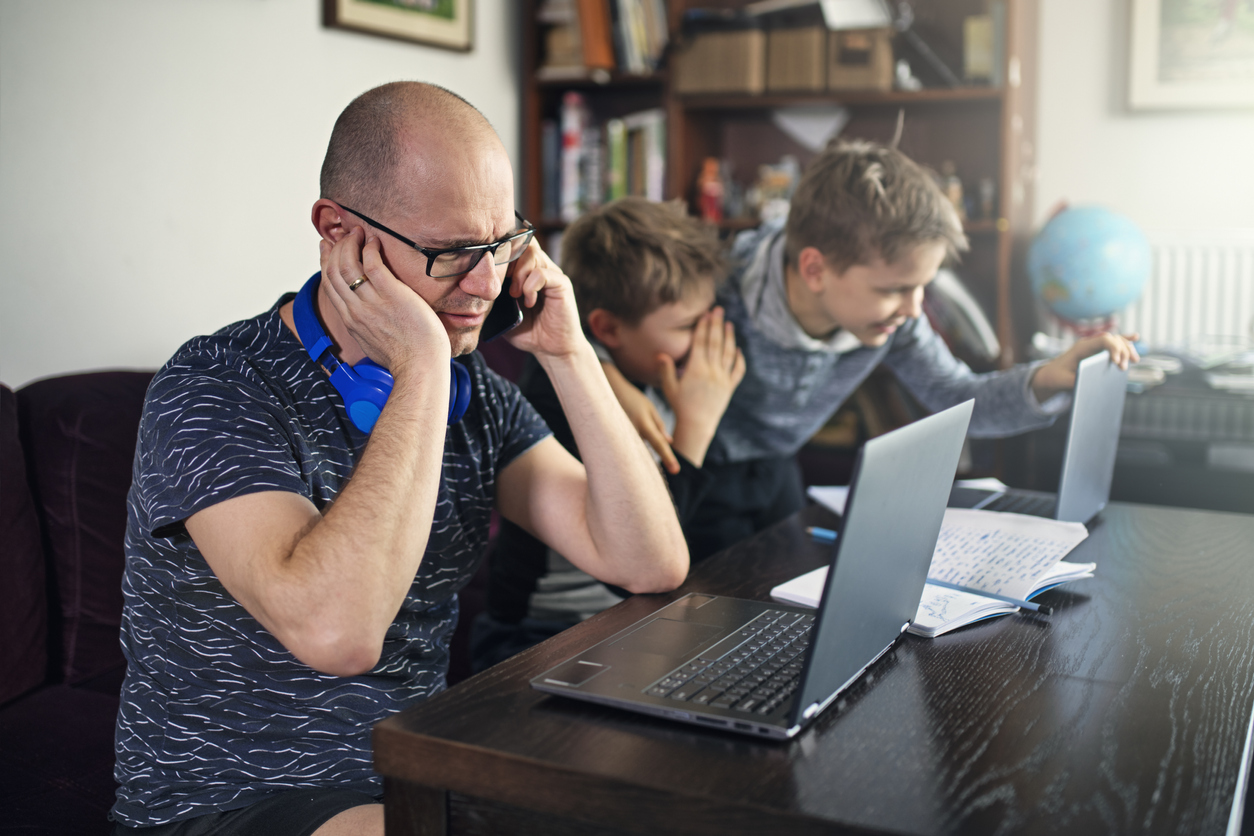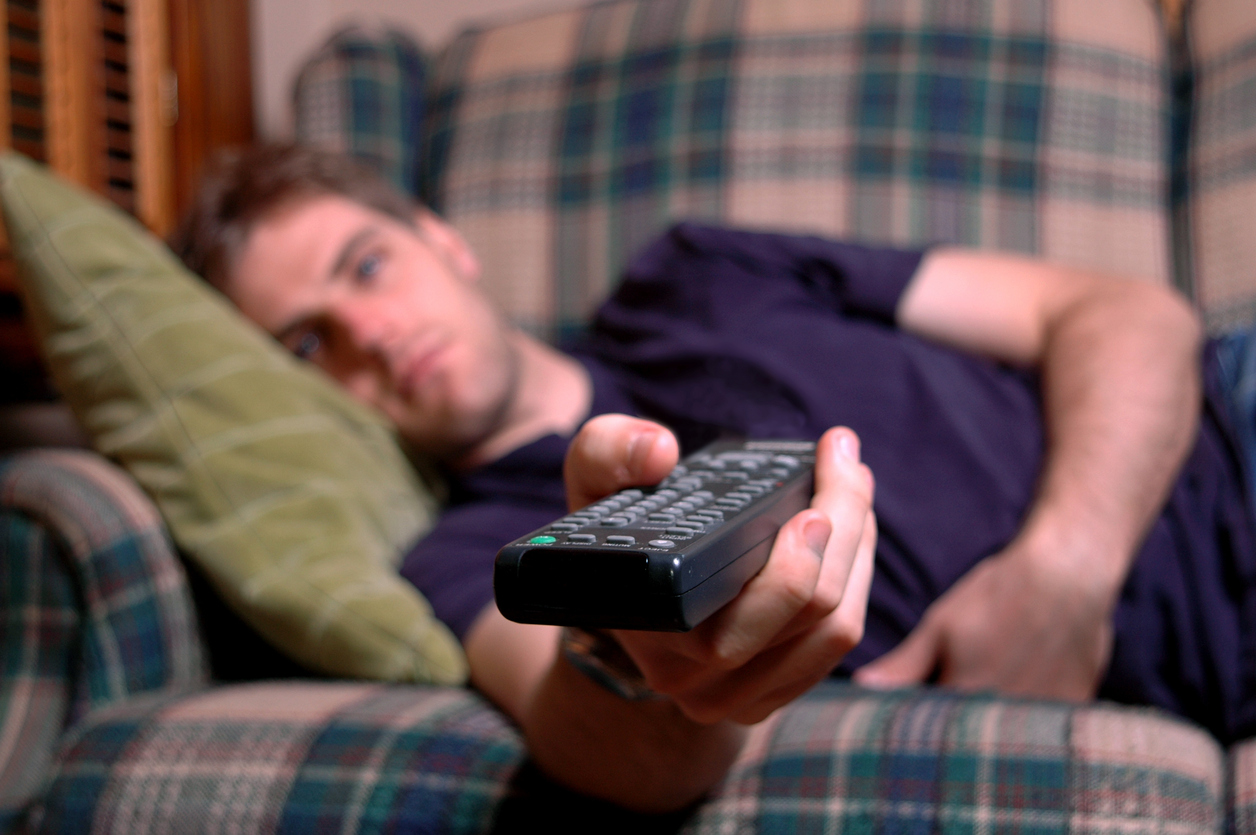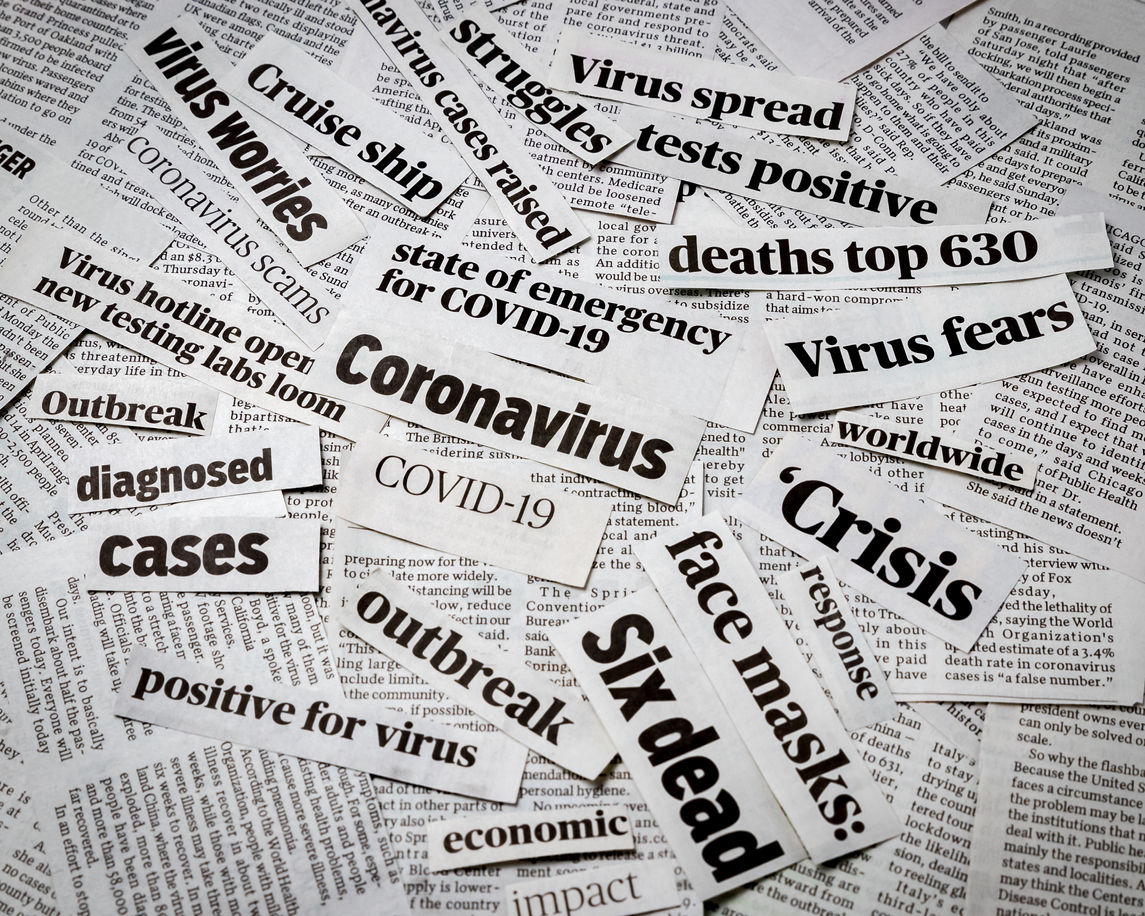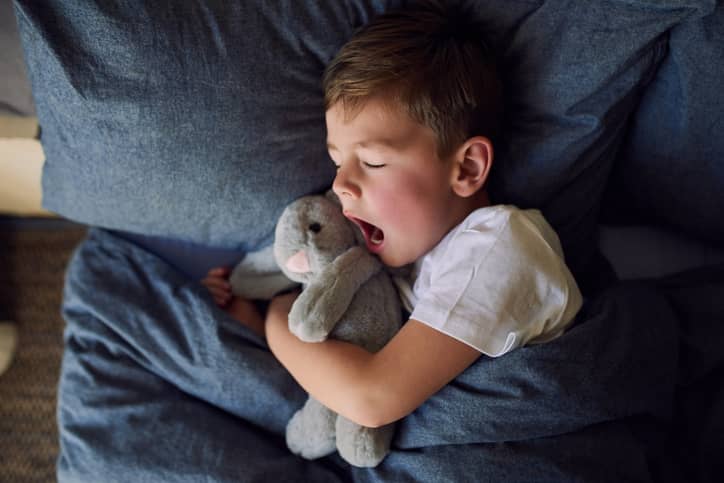A range of mental health issues appear to be surfacing from the coronavirus pandemic and some experts believe that the impact of lockdown on mental wellbeing will last a long time.
Survey results published in The Lancet recently showed that everyday tasks such as going to the shops or getting medication have become a source of anxiety for some people. Others reported feeling depressed, bored, lonely and hopeless.
If staying home and keeping away from friends and family is affecting how you’re feeling, it could help to understand why you might feel this way and what you can do to protect yourself.
Less social contact
Humans are social beings that share a basic need to interact with others. Being unable to do this can have a negative effect on some of us, especially if it goes on for a long time.
Staying at home for weeks or months may trigger feelings of loneliness, particularly if you live on your own. This can increase the risk of many mental and physical health conditions.
Studies suggest that loneliness is linked to depression, anxiety, stress, poor sleep quality and heart issues. It can also affect your immune system.
Studies also show that loneliness can be as damaging to your health as smoking.
It’s not just an issue that affects older people either - young people can experience loneliness too.
A study by University College London explored the psychological and social experiences of over 55,000 adults in the UK during the coronavirus pandemic. Since lockdown began, loneliness levels have been higher among:
- young adults
- people living alone
- people with a lower household income
- those with an existing mental health condition
The same study more recently found that wellbeing is lower at the moment among all age groups, but lowest among people aged 18-19 years.
If you're feeling lonely there are things you can do at home to help you cope.
Take the time to check in with yourself and how you’re feeling. If you’re missing seeing friends or family, or activities you once did together, try to stay connected using the phone, email, video calls or social media.
It may also help to keep busy by taking up a new hobby, for example.

Loss of control over daily life
Having to stay home brings practical challenges.
In the surveys, people reported feeling anxious about many things, including dealing with practical tasks such as food shopping, getting medication, staying safe, their jobs, earning enough money and planning for their future.
Some people also felt overwhelmed and as if they weren't in control of their own lives.
There are ways to help relieve some of this anxiety. Mindfulness or meditation can help, or more simple breathing exercises.
It can also help to talk to someone you trust about how you’re feeling, such as a friend or family member. If you can’t open up to someone close, call or go online to reach your local or national mental health charity or helpline.

Increased family pressures
With children at home all day, every day, parenting may feel overwhelming at the moment, especially if you're also working from home.
Without childcare support, the help of grandparents and other family members, or the freedom to leave your home, it’s easy to feel stressed or under strain.
And during times of stress it’s common for children to be more demanding and clingy with their parents.
All of this can affect your mental wellbeing and your ability to cope with family life. You may:
- experience mood swings
- have difficulty recognising the needs of your children
- struggle to follow a routine, such as mealtimes and bedtimes
To cope with increased parenting demands you could try:
- helping your children share their emotions creatively through play or drawing
- home-schooling to give children a focus and help maintain a routine
- expecting changes in behaviour
- taking things one day at a time

Lack of exercise
Studies show that a lack of physical activity can affect mental health and lead to poor sleep, negative moods, stress, anxiety and racing thoughts.
For example, a 2018 study in The Lancet explored the effect of exercise on 1.2 million people across the US and found that people who didn’t exercise experienced poor mental health more often than people who exercised.
It can be hard to stay active when you’re confined to your home, but any form of exercise can be beneficial as it causes your brain to release chemicals called endorphins, which help to relieve stress.
Gym-free exercises and at-home workouts can help you stay active without going outside and this can help improve your mood, sleep patterns and overall wellbeing.

A change in diet
Studies show that what you eat not only affects your physical health but may also affect how you feel.
At the moment, you may not be able to get the foods you or your family usually enjoy and so you may not be able to eat balanced meals. This could affect:
- your energy levels
- your mood
- how clearly you can think
You may also be eating more processed foods such as crisps, pies, sausages, cakes and ready meals. Eating more of these types of food has been linked to mental health problems, such as depression.
But there are ways to avoid this. A 2019 study found that even a brief improvement in your diet can reduce symptoms of depression in young adults.
Try to continue eating balanced meals where you can. You could try healthy vegetarian eating or healthier takeaways if you’re really stuck.
If you follow a specific diet or have a medical condition such as diabetes it’s even more important to stick to as healthy a diet as possible during this time.
If you need help with getting healthy food, seek out local volunteer groups who are helping members of the community. Supermarkets in many countries are also offering a priority service to customers in need of extra support.

Constant negative news
Updates on the coronavirus crisis are everywhere - on news websites, social media, radio and TV -- and it’s enough to make you feel anxious or distressed.
A recent study explored how more than 1,000 people across 17 countries reacted to the news they see and found that people, on average, pay more attention to negative than positive news stories. And this could affect your mental health.
In the survey results published in The Lancet, people reported feeling anxious and overwhelmed by the stream of news available to them. News coverage also caused some people to feel panic.
If the news is affecting you, try to only get information from trustworthy sources and avoid rumours that make you feel uncomfortable. It may also help to check the news at certain times of day.
Be wary of social media use too. While it can help to keep you connected with others, it's a place where people often share negative news and talk about their worries.
Read more about how to look after your mental health during lockdown and if you are concerned, speak to a healthcare professional.
If you think you may have coronavirus, you can use our COVID-19 Symptom Mapper to check your symptoms and compare them with others around the world.
This should give you a better understanding of how the illness is affecting you and will help us to map the spread of the outbreak.
Try the COVID-19 Symptom Mapper
References:
The benefits of social connections | Age UK [Internet]. Ageuk.org.uk. 2020 [cited 6 April 2020]. Available here.
Mental health and parenting [Internet]. NSPCC. 2020 [cited 6 April 2020]. Available here.
Mental health and psychosocial considerations during the COVID-19 outbreak [Internet]. Who.int. 2020 [cited 6 April 2020]. Available here.
Association between physical exercise and mental health in 1·2 million individuals in the USA between 2011 and 2015: a cross-sectional study [Internet]. Thelancet.com. 2018 [cited 9 April 2020]. Available here.
About food and mood [Internet]. Mind.org.uk. 2020 [cited 6 April 2020]. Available here.
How to manage family tensions whilst self isolating together - Family Action [Internet]. Family Action. 2020 [cited 6 April 2020]. Available here.
Coronavirus and your wellbeing [Internet]. Mind.org.uk. 2020 [cited 6 April 2020]. Available here.
Soroka S, Fournier P, Nir L. Cross-national evidence of a negativity bias in psychophysiological reactions to news [Internet]. Pnas.org. 2019 [cited 7 April 2020]. Available here.
Fancourt D, Bu F, Wan Mak H, Steptoe A. UK COVID-Mind Study [Internet]. Marchnetwork.org/research. 2020 [cited 11 April 2020]. Available here.
The difference between loneliness and isolation - and why it matters [Internet]. Ageuk.org.uk. 2020 [cited 7 April 2020]. Available here.
Physical activity and your mental health [Internet]. Mind.org.uk. 2020 [cited 9 April 2020]. Available here.
A brief diet intervention can reduce symptoms of depression in young adults – A randomised controlled trial | Public Library Of Science [Internet]. Journals.plos.org. 2019 [cited 9 April 2020]. Available here.
About loneliness [Internet]. Mind.org.uk. 2020 [cited 9 April 2020]. Available here.
Perceived social isolation, evolutionary fitness and health outcomes: a lifespan approach | Philosophical Transactions of the Royal Society B: Biological Sciences [Internet]. Royalsocietypublishing.org. 2020 [cited 9 April 2020]. Available here.
Social Relationships and Mortality Risk: A Meta-analytic Review [Internet]. Journals.plos.org. 2020 [cited 9 April 2020]. Available here.
Coronavirus: How to look after your mental health [Internet]. Your.MD. 2020 [cited 11 April 2020]. Available here.
Survey results: Understanding people’s concerns about the mental health impacts of the COVID-19 pandemic [Internet]. Acmedsci.ac.uk. 2020 [cited 16 April 2020]. Available here.
Multidisciplinary research priorities for the COVID-19 pandemic: a call for action for mental health science [Internet]. Thelancet.com. 2020 [cited 16 April 2020]. Available here.
Anxiety and panic attacks [Internet]. Your.MD. 2020 [cited 14 April 2020]. Available here.






